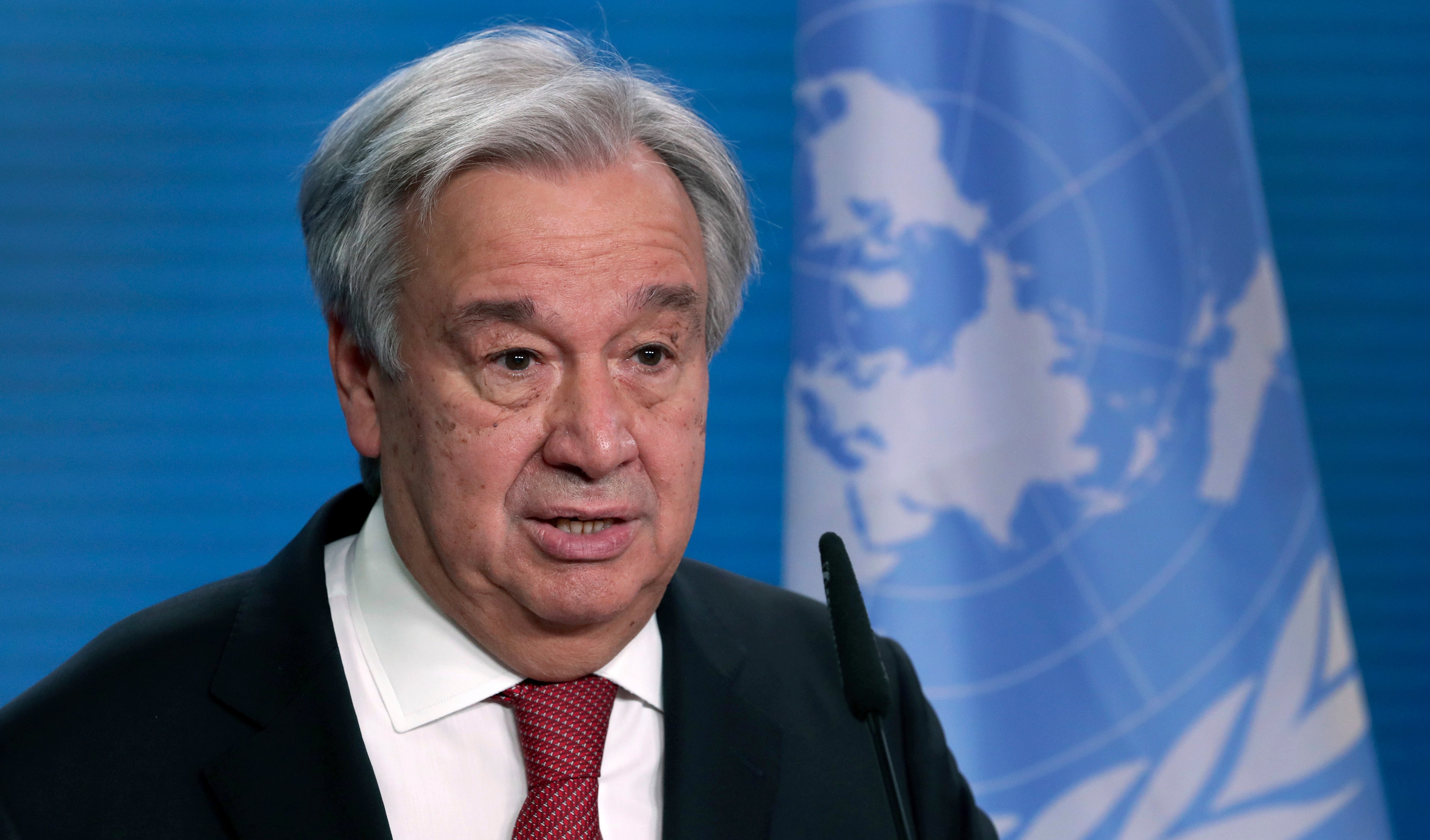Lukewarm: rich states set to fall short of $100 bln climate funding goal
The EU this week committed more climate funds for developing countries and urged the United States to step up

Your support helps us to tell the story
From reproductive rights to climate change to Big Tech, The Independent is on the ground when the story is developing. Whether it's investigating the financials of Elon Musk's pro-Trump PAC or producing our latest documentary, 'The A Word', which shines a light on the American women fighting for reproductive rights, we know how important it is to parse out the facts from the messaging.
At such a critical moment in US history, we need reporters on the ground. Your donation allows us to keep sending journalists to speak to both sides of the story.
The Independent is trusted by Americans across the entire political spectrum. And unlike many other quality news outlets, we choose not to lock Americans out of our reporting and analysis with paywalls. We believe quality journalism should be available to everyone, paid for by those who can afford it.
Your support makes all the difference.Wealthy countries likely missed a goal to contribute $100 billion last year to helping developing nations deal with climate change, according to the head of the Organisation for Economic Co-operation and Development (OECD), after increasing funding by less than 2% in 2019.
Rich countries are under pressure to commit more funds before the COP26 climate summit in November, where world leaders will attempt to strike deals to cut emissions faster and avert disastrous levels of global warming.
In an update on climate finance, the Paris-based OECD said donor governments contributed $79.6 billion in 2019, the latest year for which data are available compared to $78.3 billion in 2018.
It means a huge jump - of $20 billion - in funding would have been needed last year for developed countries to meet their target to contribute $100 billion in climate finance to poorer countries each year from 2020.
The outbreak of the coronavirus pandemic in 2020 prompted governments around the world to divert funding to shore up their local economies, reinforcing concerns that climate funding contributions that year will have taken a hit.
“While appropriately verified data for 2020 will not be available until early next year, it is clear that climate finance will remain well short of its target,” OECD Secretary-General Mathias Cormann said, calling the 2019 increase “disappointing”.
U.N. secretary-general Antonio Guterres said this week the COP26 talks risk failing because of mistrust between rich and poor countries - with tensions stoked by the unfulfilled climate finance pledge.
Most of the 2019 funding focussed on cutting emissions in developing countries, while only a quarter of contributions went on climate adaptation, the OECD said.
The contributions include loans and grants, plus private investments which public bodies helped mobilise.
Without support from rich nations, developing countries say they cannot make the huge investments needed to cut emissions or bolster their defences against worsening storms, floods and rising seas.
The EU this week committed more climate funds for developing countries and urged the United States to step up.
The Biden administration in April committed to double U.S. public climate finance by 2024 compared to average levels during the Obama administration. Experts and campaigners are urging the world’s biggest economy to do more.
Reuters
Join our commenting forum
Join thought-provoking conversations, follow other Independent readers and see their replies
Comments